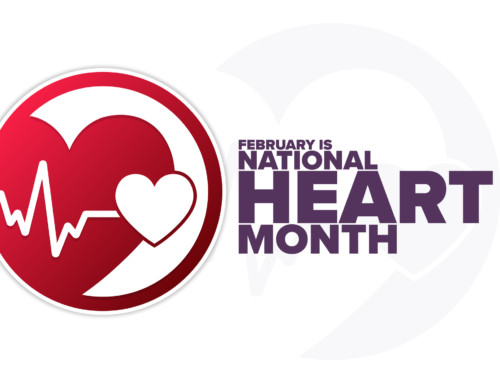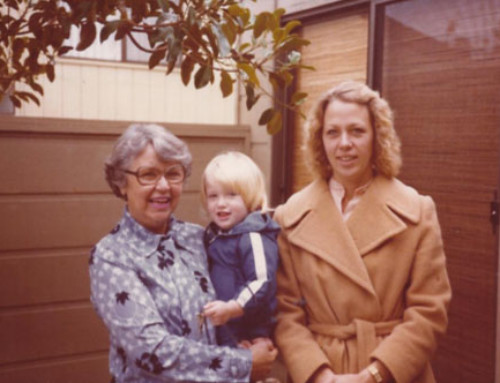 If you’ve made the decision to stop smoking, congratulations on taking this huge step! You are doing a great thing for yourself, no doubt about it. Breaking an addictive habit can be incredibly tough, but quitting smoking is worth it when it comes to bettering your health in both the short- and long-term.
If you’ve made the decision to stop smoking, congratulations on taking this huge step! You are doing a great thing for yourself, no doubt about it. Breaking an addictive habit can be incredibly tough, but quitting smoking is worth it when it comes to bettering your health in both the short- and long-term.
Even if you have your mind made up and feel staunchly committed right now, there will likely be challenges ahead of you on your journey, so it’s best to be prepared for potential setbacks and know your personal triggers. The more aware you are of what works — and doesn’t — for you, the better equipped you’ll be as you transition to life as a non-smoker.
Note: The Freedom From Smoking program offered through Tri-City Medical Center is covered by most insurance companies. This program can help you get on your quit path now! For more information on the Tobacco Cessation program offered at Tri-City Medical Center, please call Dawn Stiefeld at 760.534.6977.
Check out our top four tips for staying strong in your resolve to not smoke:
1. Identify Your Triggers
Maybe you’re used to always having a cigarette mid-morning at work, or perhaps you feel the need to start smoking whenever you’re drinking alcohol. Whatever the case, it’s good to start by identifying your triggers for nicotine cravings. Is there a time of day or a place where you tend to want to light up? Does a certain pairing of food or drink get you reaching for a cigarette?
Once you have your triggers established, develop a plan to either avoid these triggers altogether, or have something to do to keep yourself occupied when they occur (ideas: chewing gum, eating candy, or playing a game on your phone).
People can also be triggers here as well, particularly if they’re smokers too. It can definitely be tough to feel like you’re being left out of the social circle or going against the grain, but keep your own health journey top of mind and do your best not to succumb to peer pressure.
2. Consider Tapering Slowly
There’s no shame in realizing that you may not be able to quit cold turkey, everyone’s quit path is different. Fortunately, there are a number of products available — both by prescription from your Tri-City Medical Center affiliated provider and over the counter — to help your body cope with cravings. These products include nicotine patches and gum, as well as medication that can help you stop smoking.
One note: Although you may be considering picking up a vape pen (also known as an electronic cigarette, or e-cig) to help you quit smoking, the Mayo Clinic warns that more long-term studies are needed to determine how effective these actually are. This is not a recommended tapering method by the Freedom From Smoking program, either.
If you’re concerned that you won’t be able to quit without some form of replacement therapy, talk to your doctor or pharmacist about what they recommend. Remember that your brain’s hooked on nicotine, and withdrawal is a very real thing — there is no reason to be ashamed or embarrassed when it comes to asking for help.
3. Mind Your Nutrition
Nicotine is an appetite suppressant, so it’s no surprise that food cravings might go a bit out of control while you’re trying to quit smoking. Take care not to trade an addiction to nicotine for an addiction to sugar or processed foods!
Verywell Mind recommends that you eat healthy, sensible daily meals while your body works to get rid of cigarette toxins, and that you add a multivitamin to help with any withdrawal fatigue. They also make the important point that low blood sugar can cause nicotine cravings, so don’t skip meals or you might find yourself reaching for unhealthy snacks.
If you feel uncertain about how to eat well, remember that healthy eating doesn’t have to be complicated.
Another important piece to getting through the withdrawal is drinking enough water, which can also help flush out toxins and control withdrawal. Plus, drinking fluids can help ease the craving to have something active to do with your mouth, so stock up on herbal teas in advance.
4. Be Patient and Forgiving — And Keep Trying
Probably the most important smoking cessation tip to keep in mind is that you may well fail at the start. You might even fail a few times. But, the sooner that you’re aware that you’ll have setbacks, the better prepared you’ll be to not beat yourself up over it, and be ready to try again.
As the American Lung Association puts it, “You are still learning to quit.” Not many people are able to drop cigarettes immediately and never smoke again, so try not to assume or expect that you’ll have immediate success.
It’s a good thing to keep in mind that even if you do slip up once or twice, it doesn’t mean you abandoned your efforts altogether. Instead, take a look at the situation and circumstances surrounding your smoking. What triggered you? What could you do differently next time? Look at it as a learning experience, forgive yourself, and move forward with that information.
Being patient with yourself will get you further than feeling defeated or frustrated.
Find Your Own Cessation Success
Although it might at times feel like an insurmountable obstacle, being able to quit smoking for good is something that’s absolutely achievable for anyone. The key is putting your health first and foremost, and knowing exactly what’s going to work for you when it comes to staying the course.
If you’re looking to quit smoking for good, be sure to follow up with your Tri-City Medical Center affiliated provider with any health concerns you might have. We’d love to talk to you more about The Freedom From Smoking program, too — if you’re interested, call Dawn Stiefeld at 760.534.6977.





